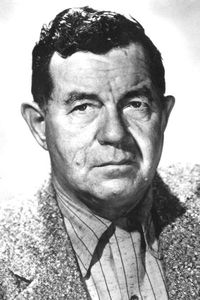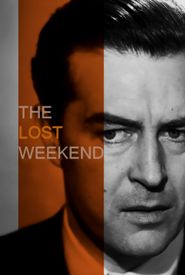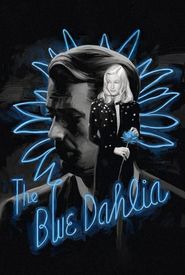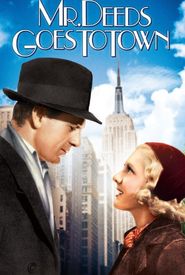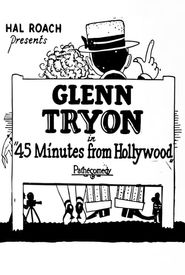Jack Clifford, born John Clifford Cooley in 1888, had a tumultuous childhood, being placed in two orphanages and seven foster homes across New York and Texas.
Despite the challenges he faced, Clifford went on to become a renowned vaudeville performer, starring in the Orpheum Circuit as a "headliner." His act consisted of playing a "rube," a hard-of-hearing country bumpkin, who would create witty punchlines from misunderstood words, act in skits, and sing.
Clifford's nickname and credited name became "Rube," and he even included his then-wife, Miriam Wills, in his act starting in around 1913. He began his movie career in Cecil B. DeMille's The Squaw Man (1914) and went on to star in over 40 films, often in bit parts.
However, Clifford did have some notable exceptions, including full-length roles in Dimples (1936) as Uncle Tom, The Sunrise Trail (1931) alongside Bob Steele, and Skippy (1931) as Dog Catcher Nubbins. He also appeared in the 1949 and 1955 seasons of The Lone Ranger series and in 45 Minutes from Hollywood (1926) with Glenn Tryon.
Keith Scott attributes the origin of the character "Foghorn Leghorn" to Clifford, who was a significant influence on the creation of the beloved cartoon character.
As Clifford's career began to wind down, his agent relocated to Palm Springs, and he eventually retired to Temple City, California, with his wife Virginia (Meldrum) Clifford. Clifford passed away in 1974.
